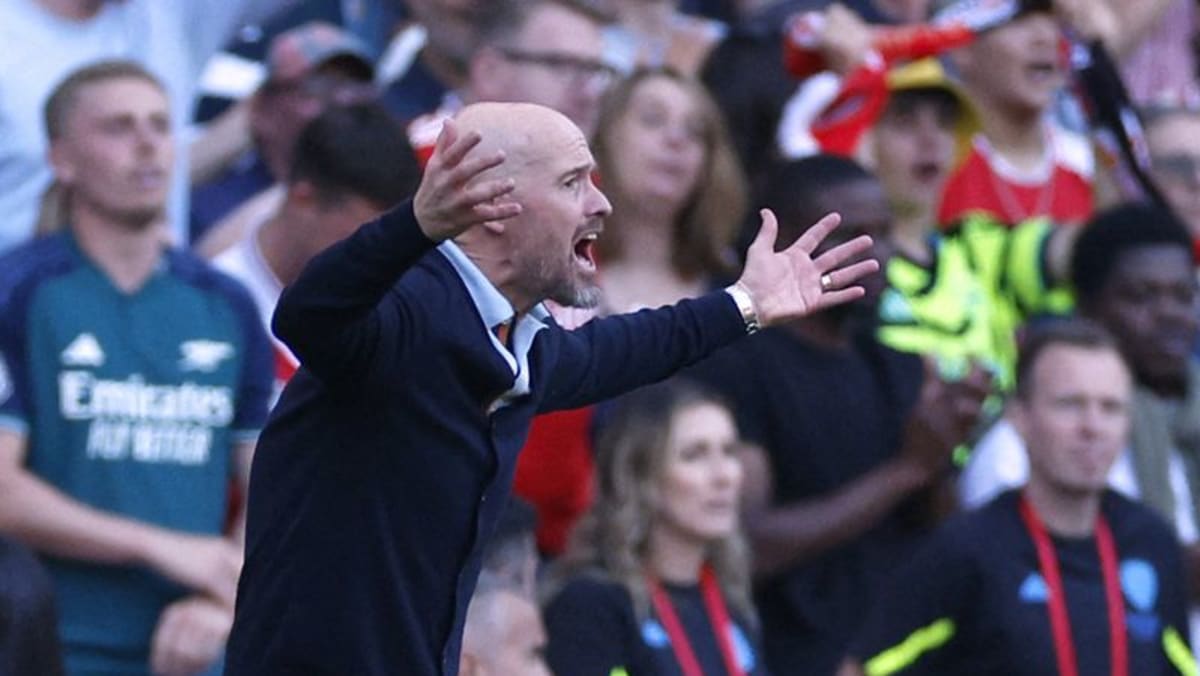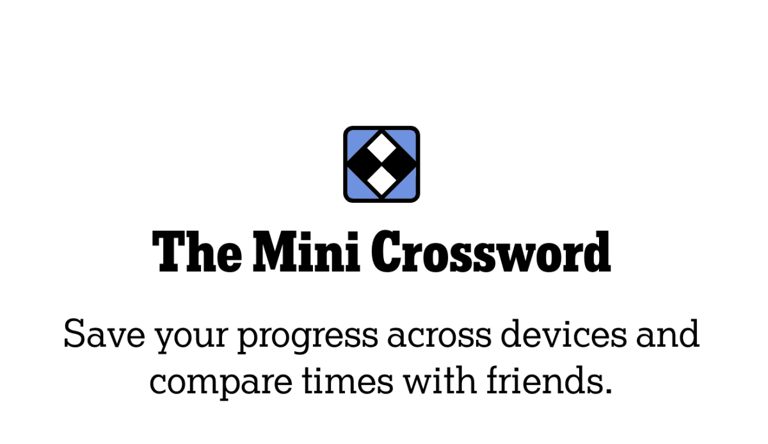Can You Still Negotiate After A 'Best And Final' Job Offer?

Table of Contents
Understanding the "Best and Final" Offer
The phrase "best and final offer" typically signifies the employer's intent to conclude salary negotiations. They've presented what they consider their most generous package, aiming to finalize the hiring process efficiently. While it often signals the end of the line, it's crucial to remember that it's frequently a tactic, not an immutable decree. Employers use it to save time and resources, hoping to avoid protracted negotiations. However, this doesn't automatically mean your chance to improve the offer has vanished.
- Employer's perspective: "Best and final" offers save time and resources, streamlining the hiring process and reducing internal costs associated with extended negotiations.
- Candidate's perspective: This phrase might feel like a setback, potentially leading to missing out on a more lucrative deal or better benefits package.
- The subtle difference: There's a nuance between a simple "final offer" and a "best and final offer." A final offer might still be open to discussion, while "best and final" implies a stronger sense of closure, but not necessarily absolute finality.
Situations Where Negotiation Might Still Be Possible
While a "best and final" offer is often definitive, certain circumstances might justify a carefully considered attempt at further negotiation. This requires tact, professionalism, and strong justification.
- Strong market demand for your skills: If your skills are in high demand, and you have competing offers, you hold significant leverage. Highlighting this scarcity can strengthen your position.
- Unforeseen circumstances: Significant relocation expenses or other unanticipated costs might warrant revisiting the compensation package. Present these as justifiable reasons for renegotiation.
- A compelling counter-offer: A superior offer from another company provides undeniable leverage. This acts as concrete evidence of your market value and justifies revisiting the original "best and final" offer.
Strategies for Negotiating After a "Best and Final" Offer
If you decide to attempt renegotiation, approach it with respect and professionalism. Focus on your value to the company, not just your personal needs. Quantify your contributions and support your requests with data.
- Express gratitude: Begin by expressing sincere appreciation for the offer, emphasizing your enthusiasm for the opportunity.
- Clearly state your concerns: Calmly and directly articulate your reasons for seeking adjustments. Avoid sounding demanding or confrontational.
- Present well-researched market data: Back up your requests with salary surveys, competitor analyses, or other data demonstrating your proposed compensation aligns with industry standards.
- Propose alternative solutions: Instead of solely focusing on a salary increase, consider suggesting alternative compensation like a signing bonus, stock options, or enhanced benefits package. This demonstrates flexibility and willingness to compromise.
Potential Risks and When to Walk Away
Negotiating after a "best and final" offer carries risks. It's crucial to weigh the potential benefits against the potential drawbacks.
- Burn bridges: A poorly handled negotiation can damage your relationship with the employer, potentially jeopardizing future opportunities.
- Risk losing the offer entirely: The employer might view further negotiation as disrespectful or demanding and withdraw the offer.
- Weigh the potential gains against the risks: Consider how much more compensation you’re realistically hoping to achieve versus the risk of losing the offer altogether.
- Consider your personal circumstances and job market conditions: Your own financial needs and the current job market landscape should influence your decision to renegotiate.
Conclusion
While a "best and final" job offer often signals the end of formal negotiations, there are specific situations where a carefully planned and respectfully executed attempt to renegotiate might yield positive results. Remember to weigh the potential benefits against the very real risks involved, and always maintain a professional demeanor throughout the process. Successfully navigating the complexities of a job offer requires careful consideration. Learn more about effectively negotiating after a best and final offer and increase your chances of securing the best possible compensation and benefits package. Remember, understanding the nuances of negotiating after a best and final offer can significantly impact your career trajectory.

Featured Posts
-
 Lea Michele Daniel Radcliffe And More Celebrate Jonathan Groffs Broadway Debut
May 23, 2025
Lea Michele Daniel Radcliffe And More Celebrate Jonathan Groffs Broadway Debut
May 23, 2025 -
 Horoscopo De Marzo 2025 Predicciones Para Todos Los Signos Semana Del 4 Al 10
May 23, 2025
Horoscopo De Marzo 2025 Predicciones Para Todos Los Signos Semana Del 4 Al 10
May 23, 2025 -
 Buying Metallica Tickets For The Glasgow Hampden Gig
May 23, 2025
Buying Metallica Tickets For The Glasgow Hampden Gig
May 23, 2025 -
 The Mc Laren Advantage Pace Setting Performance In F1
May 23, 2025
The Mc Laren Advantage Pace Setting Performance In F1
May 23, 2025 -
 Manchester United Manager Ten Hag Impressed By Arsenal Defenders Performance
May 23, 2025
Manchester United Manager Ten Hag Impressed By Arsenal Defenders Performance
May 23, 2025
Latest Posts
-
 Gelungener Auftakt Entspannende Radtouren Durch Essen Persoenlichkeiten Hautnah Erleben
May 23, 2025
Gelungener Auftakt Entspannende Radtouren Durch Essen Persoenlichkeiten Hautnah Erleben
May 23, 2025 -
 Bestechungsskandal An Der Uni Duisburg Essen Umfang Und Folgen Des Gestaendnisses
May 23, 2025
Bestechungsskandal An Der Uni Duisburg Essen Umfang Und Folgen Des Gestaendnisses
May 23, 2025 -
 April 8 2025 Nyt Mini Crossword Complete Solutions
May 23, 2025
April 8 2025 Nyt Mini Crossword Complete Solutions
May 23, 2025 -
 Nyt Mini Crossword March 13 2025 All Answers Revealed
May 23, 2025
Nyt Mini Crossword March 13 2025 All Answers Revealed
May 23, 2025 -
 Nyt Mini Crossword Answers March 6 2025
May 23, 2025
Nyt Mini Crossword Answers March 6 2025
May 23, 2025
